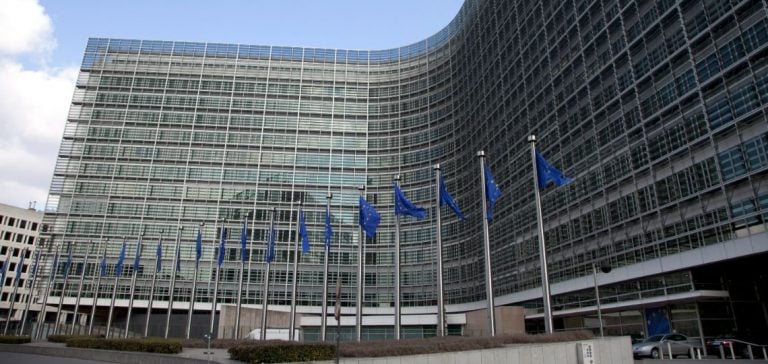The member countries of the European Nuclear Energy Alliance have called on the upcoming European Commission to integrate nuclear into renewable energies in Europe’s decarbonization strategies for the period 2024-2029. This request comes amid an evolving global geopolitical context, where the competitiveness and resilience of European economies are essential to achieve carbon neutrality by 2050.
Strengthening Economic Competitiveness
The Alliance emphasized that nuclear, alongside renewable energies, constitutes an economically competitive solution to meet the growing demand for fossil-free electricity. Indeed, nuclear offers a low carbon footprint and stable energy production, which is crucial for collective supply security and the flexibility of European electricity markets.
During the meeting on October 15 in Luxembourg, on the sidelines of the Energy Council, ministers and high-level representatives from 14 European Union member states, including the upcoming Polish presidency, as well as representatives of the European Commission, discussed future collaboration axes.
Alliance’s Pillars of Action
In March, the European Nuclear Energy Alliance outlined four pillars of action aimed at establishing a favorable European framework for a robust nuclear industry and ensuring the security of supply of nuclear materials, particularly nuclear fuel, for both energy and non-energy uses. These pillars include developing access to public and private financing, exploring European financing instruments, training a qualified and diverse nuclear workforce for all civil nuclear applications, increasing industrial, research, and innovation collaboration across a European value chain through concrete projects, and respecting the national choices of member states regarding their energy mix to strengthen European unity.
Benefits of Nuclear for the Electricity Market
The Alliance stated that the benefits of existing and future nuclear power plants go beyond the borders of member states that opt for nuclear energy. Low-carbon baseload energies such as hydro or nuclear stabilize the common grid and the entire European electricity market. Nuclear, with its baseload profile and reduced operational costs, creates less volatile market conditions, essential for providing affordable, reliable, and abundant low-carbon energy to European Union citizens while achieving carbon neutrality goals.
Continued Commitment of the Alliance
The Alliance has committed to intensifying its cooperation within the organization, with all other like-minded EU member states, and with the European Commission on the four pillars of action. This collaboration aims to strengthen the European nuclear industry and ensure a smooth energy transition towards a decarbonized economy.
Currently, 103 nuclear reactors are in operation within the European Union, providing about a quarter of its total electricity. The next Commission, whose mandate runs until October 31, 2024, will need to integrate these recommendations to ensure continuity and progress towards the EU’s energy and climate objectives.
Between June 6 and 9, EU citizens voted to elect the 720 members of the next European Parliament. Ursula von der Leyen was re-elected for a second term as President of the European Commission. The European Nuclear Energy Alliance, comprising Bulgaria, Croatia, the Czech Republic, Finland, France, Hungary, the Netherlands, Poland, Romania, Slovakia, Slovenia, and Sweden, with Belgium and Italy as observers, continues to play a key role in the European energy debate.






















